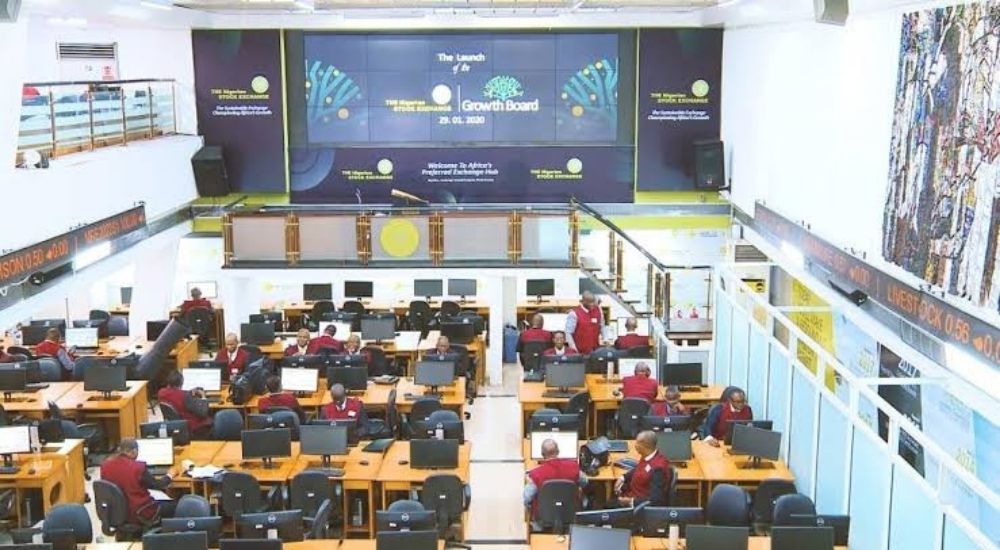How FG Intends to Create One Million Jobs With $1bn Investment

Nigeria’s Ministry of Industry, Trade and Investment has unveiled a revamped version of the National Talent Export Programme (NATEP), setting ambitious targets to generate more than one million jobs directly linked to export activities and attract foreign investment exceeding $1 billion.
This strategic initiative positions the country to compete effectively in the expanding global services marketplace.
The refreshed program focuses on connecting Nigeria’s skilled young workforce with opportunities in the rapidly growing $1 trillion international outsourcing industry through well-structured and ethically sound talent mobility frameworks.
Key sectors receiving priority attention include technology services, business process outsourcing operations, healthcare support services, creative industries, and remote work capabilities.
Originally launched during activities surrounding the United Nations General Assembly eighteen months ago, the program has undergone comprehensive restructuring to function as an integrated ecosystem. It now features an enhanced organisational framework, more defined policy guidelines, and renewed leadership direction.
Minister Jumoke Oduwole presented the revised strategy during an event at Itana within Alaro City, Lagos—a recently established digital special economic zone—emphasising NATEP’s crucial role in Nigeria’s broader strategy to enhance non-petroleum exports, create employment opportunities, and strengthen foreign currency earnings.
“This initiative represents Nigeria’s bold effort to establish itself as a competitive hub for skilled talent in global services,” she said. “We’re not just opening our doors; we’re raising our standards.”
Government projections indicate the program could facilitate one million direct employment opportunities, alongside up to five million indirect positions, over a five-year period.
Additional objectives include providing globally recognised digital and professional certification training to ten million Nigerian citizens, while encouraging outsourcing and IT-enabled service providers to expand their domestic operations.
The relaunch ceremony featured the execution of a strategic partnership agreement with private-sector entities, including Itana and Alaro City, aimed at creating an initial 100,000 employment opportunities across high-impact economic sectors.
“NATEP is how we scale, not through theory, but through execution,” Oduwole said. “When the public and private sectors unite around a shared vision, world-class results are possible right here in Nigeria.”
The initiative will focus on developing a comprehensive national talent registry, implementing policy reforms to facilitate remote service exports, and establishing collaborations with international outsourcing platforms to connect Nigerian professionals with global employment demand.
Teju Abisoye has been designated as the National Coordinator for NATEP, bringing two decades of expertise in development finance, youth employment initiatives, and enterprise development. Her responsibilities include program implementation leadership, partnership development, and ensuring large-scale delivery effectiveness.
Government representatives indicate NATEP supports President Bola Ahmed Tinubu’s comprehensive economic framework, which includes export diversification goals, digital infrastructure enhancement, and promoting service trade opportunities through the African Continental Free Trade Area (AfCFTA).
Authorities believe Nigeria possesses significant advantages to capitalise on global outsourcing movements, highlighting the nation’s young, English-proficient population, favourable time zone positioning, and advancing digital infrastructure as competitive strengths.
Beyond employment generation, ministry estimates suggest the service export sector could contribute between four and five per cent to Nigeria’s annual GDP if implementation proceeds according to current projections.
The message to Nigeria’s youth was clear and encouraging.
“This programme is about you, for you, and with you,” said Oduwole. “The future of work isn’t somewhere else; it’s being built here.”





